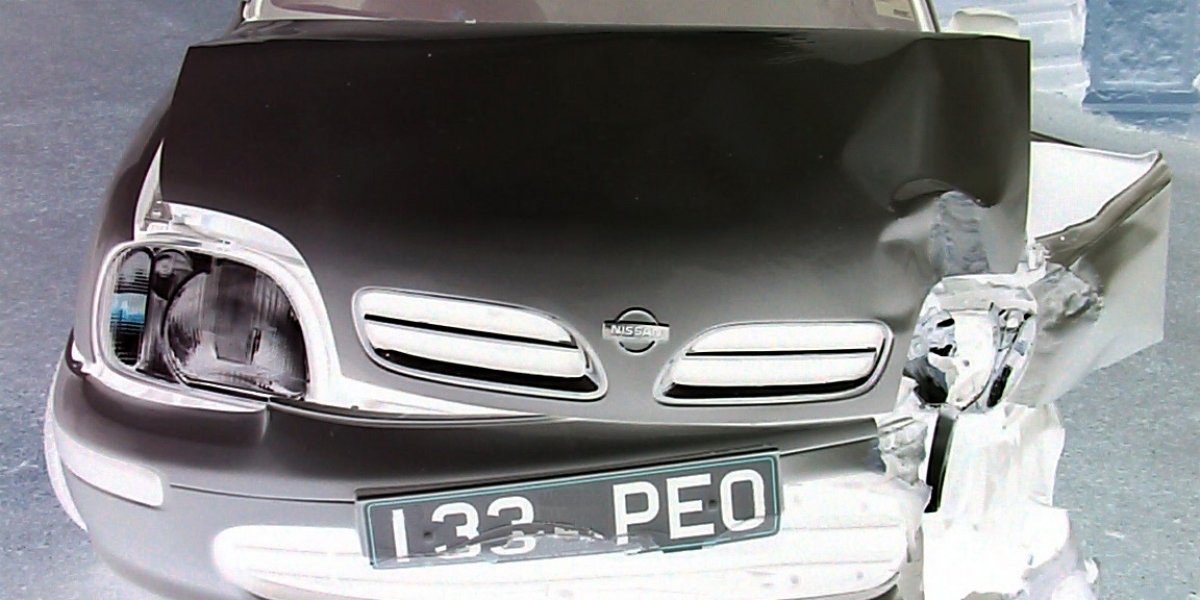Ever wondered why some gambling sites easily grab top spots on Google? The secret often lies in their backlinks. Backlinks are simply links from one site to another, but in SEO, not all links are equal. Some can help you rise higher in search results, while others can quietly damage your rankings.
This article breaks down how gambling backlinks work, why they’re risky when handled wrong, how to spot shady patterns, and what you can do to build links safely and ethically.
What Are Gambling Backlinks?
In simple terms, a backlink is a hyperlink that connects one website to another. When a website links to a gambling site, that link becomes a gambling backlink.
These links can come from multiple sources: blogs, directories, news sites, forums, or even social media.
Some happen naturally. For example, if a blog references your casino review or betting guide, that’s a natural backlink. It’s good, safe, and valuable.
But not all backlinks are clean. Many gambling sites still buy or build low-quality links to manipulate rankings. Those links usually come from unrelated or spammy websites, and they often break search engine guidelines.
Why Backlinks Still Matter
Search engines treat backlinks like trust signals. When credible websites link to yours, it shows that your site is worth recommending. The more trustworthy the source, the more value you gain.
However, when links come from low-quality, irrelevant, or automated sources, search engines see it as manipulation. Gambling sites are especially sensitive because this industry faces strict advertising rules and tighter SEO scrutiny.
So while backlinks remain powerful, gambling brands must focus on quality, compliance, and transparency above all.
Common Gambling Link Building Practices (and Why Some Backfire)
Let’s explore a few methods often used in this industry, not to promote them, but to help you recognize which ones are safe and which to avoid.
1. Guest Posting
Publishing guest articles on niche-related websites is one of the safest ways to earn backlinks. But the problem starts when people use cheap content networks or “guest post farms.” These sites exist only to sell links and often lead to penalties.
2. Paid Directories and Link Farms
Some companies sell mass listings on multiple sites at once. These pages usually have no traffic or user value. They exist only to pass PageRank, and Google’s algorithms are quick to detect and devalue them.
3. Comment or Forum Spam
Dropping links in comments or forums might look like easy exposure, but in reality, most of those links are “nofollow” or flagged as spam. They bring no SEO benefit and can hurt your reputation.
4. Private Blog Networks (PBNs)
A PBN is a group of sites built to link to each other. While it may give short-term boosts, it’s one of the riskiest black-hat methods. Once discovered, penalties can wipe out all ranking progress overnight.
5. Reciprocal Link Exchanges
Trading links with others can seem harmless, but when it’s excessive or unrelated to your niche, it looks manipulative. Search engines can easily detect these patterns.
6. Fake Reviews and Profiles
Creating fake review pages or user profiles to insert backlinks is another shortcut that does more harm than good. It looks unnatural and offers no real engagement or trust signals.
Why Gambling Backlinks Need Extra Care
Unlike regular websites, gambling sites operate in a heavily regulated space. Many countries have strict laws around online betting promotions, advertising, and licensing.
That means:
Bad links can point your brand toward illegal or unlicensed platforms, attracting regulatory trouble.
Search engines apply tougher filters to gambling domains.
Payment providers and users may lose trust in sites with shady backlink histories.
If your backlinks don’t follow legal or ethical standards, you risk penalties, bans, and a damaged reputation.
How to Spot Low-Quality or Risky Gambling Links
You don’t need advanced tools to recognize suspicious backlink activity. Here are some red flags:
Sudden backlink spikes: A natural link profile grows gradually. Thousands of new links overnight is never normal.
Links from unrelated sites: For example, a food blog linking to a betting site is an obvious mismatch.
Repetitive anchor text: Using the same keyword, like “online casino bonus”, everywhere signals manipulation.
Links from clone or hidden pages: If the page looks spammy, duplicated, or not indexed in search, it isn’t very helpful.
Too many comment/profile links: Overuse of these links suggests automation or link farming.
Multiple links from the same IP or host: This often points to private networks or artificially created sites.
Low engagement pages: If the referring page has no readers, the link doesn’t help your visibility.
What to Do If You Find Harmful Links
If you notice bad backlinks pointing to your site, here’s what to do step-by-step:
Keep records: List the bad URLs and referring domains.
Contact site owners: Politely ask them to remove the link.
Use the Disavow tool (carefully): Only if the link clearly harms your SEO and can’t be removed.
Track performance: Watch your rankings and traffic afterward.
Seek help if needed: An experienced SEO professional can guide you safely.
Stay Safe: Smart Link Building for Gambling Sites
Here are ways to build strong, sustainable backlinks without crossing ethical or legal lines:
1. Publish High-Quality Content
Share in-depth guides, betting insights, or expert interviews that naturally attract references and shares.
2. Guest Post on Trusted Sites
Reach out to established blogs in related niches, gaming, entertainment, and finance, and offer valuable content.
3. Build Real Relationships
Collaborate with bloggers, journalists, or influencers. Authentic connections often lead to organic mentions.
4. Avoid Buying Bulk Links
Cheap backlinks may seem tempting, but they can destroy years of SEO work overnight. Focus on quality over quantity.
5. Educate Your Team
Train your marketing and SEO teams to recognize black-hat tactics. Prevention is always cheaper than repair.
Follow the Rules Always
To stay compliant and protect your business:
Stick to Google’s link guidelines.
Never steal or copy others’ content.
Avoid promoting unlicensed or illegal gambling sites.
Disclose paid partnerships or sponsored links transparently.
Honesty keeps your SEO strategy sustainable and keeps regulators off your back.
How Search Engines and Regulators React to Link Abuse
Platforms like Google and Bing take manipulative linking seriously. They can:
Penalize or de-index your site
Remove illegal or underage gambling content
Suspend ad accounts or payment channels
Report violations to authorities in severe cases
For gambling websites, these penalties are not just temporary; they can end your online presence altogether.
Final Thoughts
Backlinks are powerful, but in the gambling world, they’re also risky if abused. The key is balance: understand how link building works, stay transparent, and focus on genuine content that brings value.
To sum it up:
Learn to spot shady backlinks early
Regularly audit and clean your link profile
Avoid shortcuts they don’t last
Build relationships, not spam
Always follow legal and SEO best practices
When your backlinks grow naturally, they strengthen your authority instead of putting it at risk. Ethical SEO isn’t just safer, it’s smarter for long-term success.
FAQs
1. Is gambling link building dangerous?
It can be if you use black-hat or spammy methods. But ethical, content-driven link building is safe and effective for long-term growth.
2. How can I detect bad backlinks?
Look for sudden link spikes, irrelevant domains, repetitive anchor text, or spammy directories. These are clear warning signs.
3. What should I do about harmful links?
Contact site owners for removal, then use the disavow tool carefully. Track your rankings after cleanup and seek expert help if needed.








